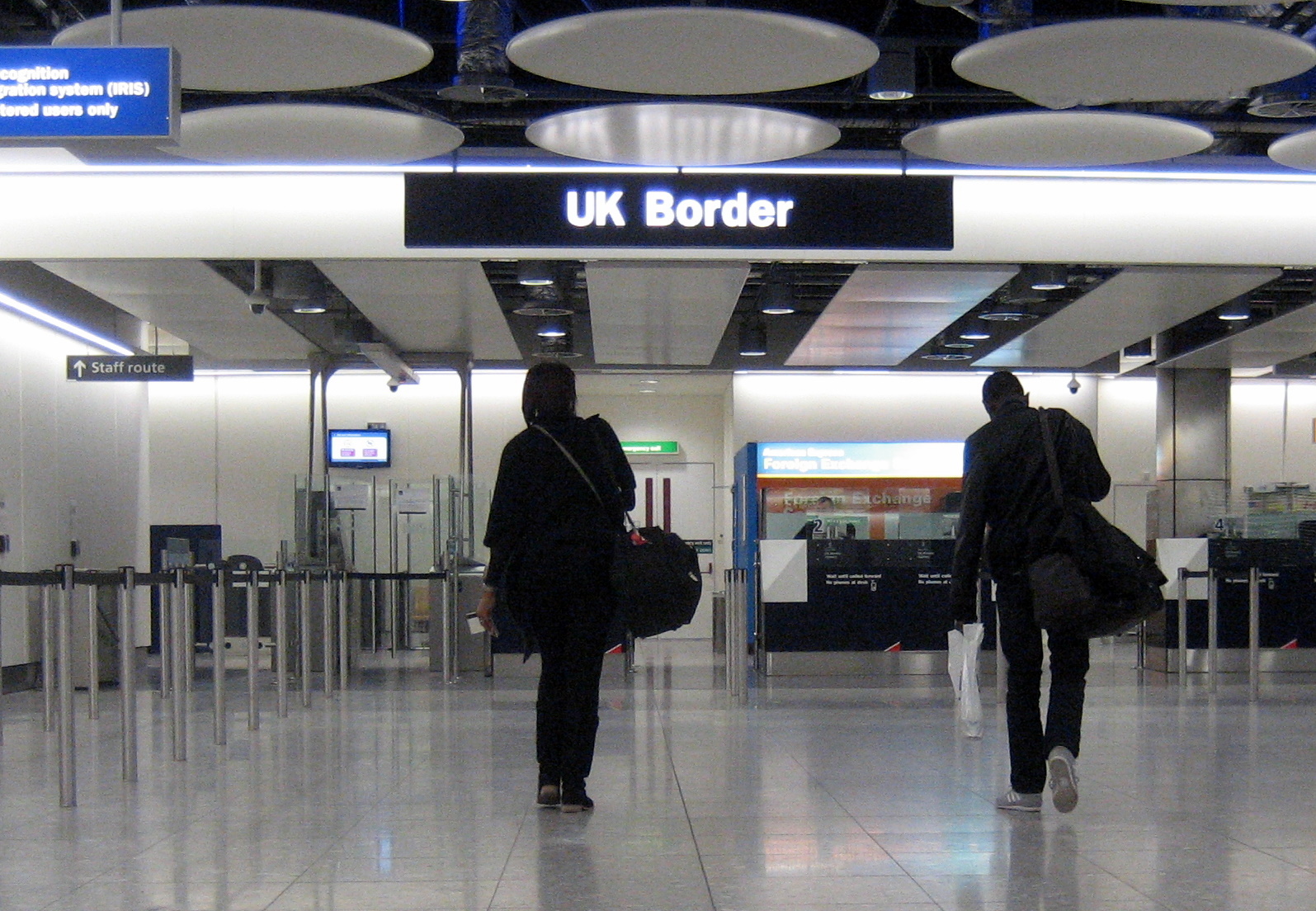No matter where you’re residing, chances are you have heard of the impending doom or glory (depends how you look at it) facing the UK in the name of Brexit. Arguably, the main issue concerning Brexit is the current buzzword in British politics today, migration.
Thanks to freedom of movement that all European Union member states practice, the leave campaign seems to believe that as a member of the EU, the UK will continue to have an influx of migrants. This belief is stimulated by the UK right wing media with the absurd notion that Turkey is next in line as an EU member state. To solve this impending doom of immigration that will cloud Britain, the leave campaign is advocating for an Australian like points based system to narrow, control and ultimately determine exactly who can and cannot enter the UK without the jurisdiction of the EU.
As my delightful tone may imply, my opinion on Brexit is not exactly a positive one. It is true that the European Union as an organisation is in need of reform. However, this solution posed by major UK politicians such as Boris Johnson, to leave the EU, is rather radical. Brexit is not exactly seen in a positive light when members of the leave campaign such as Nigel Farage, use scaremongering tactics on migration and refugees to advocate for a Brexit.
Following a Brexit, there are possibly two clear migration policies that the UK could follow. One being the Australian points based system as mentioned previously; the other is becoming a country much like Norway, which is not in the EU but still benefits from the single market.
When affronted with talks of the market and trade difficulties following a Brexit, much of the leave campaign use countries such as Norway as a shining example of how the UK could function without jurisdiction of the EU. If Norway can manage a functional economical state minus the tyrannical control of the EU, then why can’t the UK? Unfortunately that’s not exactly the case. Norway still participates in freedom of movement within the EU in exchange to be a part of the single market. Essentially, if the UK wanted to control migration from the EU, it would have to leave the single market which is, in terms of its economic performance, a very bad idea.
The other option is of course the all-star dazzling Australian points based system. The points based system simply refers to a system where migrants enter Australia due to various merit points including skills, education and language. Essentially, Australia can chose migrants based on how their skills and experience can benefit the country in return. The irony of this points based system that is being heavily advocated by the leave campaign as a solution to immigration, is that Australia actually implemented this model to encourage migration. Australia has actually double the amount of migrants compared to the UK, the Australian Bureau of Statistics states that in 2010, 27% of inhabitants in Australia were born abroad. Migration Watch UK, an independent think tank states:
Points Based System (PBS) purpose is to promote immigration, not to limit it. The Australian context could hardly be more different. Many Australians believe that they have a strategic need to grow and have the space to do so. Both major parties favour increased legal migration and their PBS is a means to that end.
Assuming the UK opts to leave the EU, but remained in the single market (and thus still had the freedom of movement amongst EU member states), whilst also adopting an Australian style points based system, then in theory, migration could increase.
All in all, there is no definite say on whether a Brexit will increase or decrease net migration, certainly not to its “tens of thousands” as the conservative government have so forth claimed. What is certain however is that migration policy amongst other legislation will be a challenge for the UK government, in case of Brexit.














Leave a Comment
Your email address will not be published. Required fields are marked with *